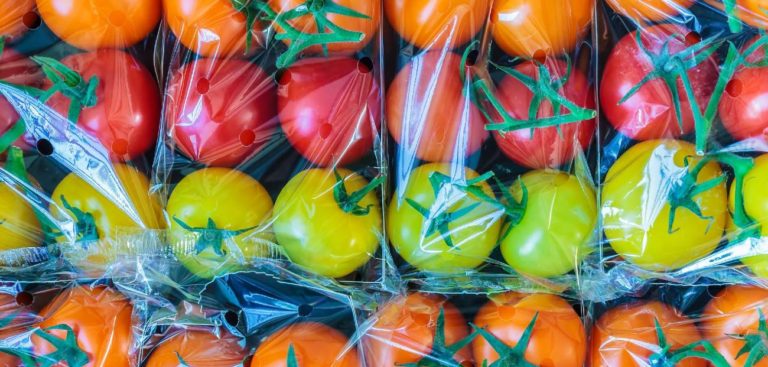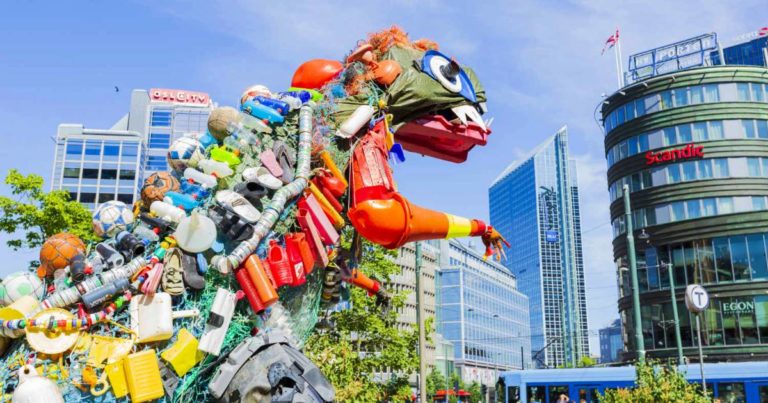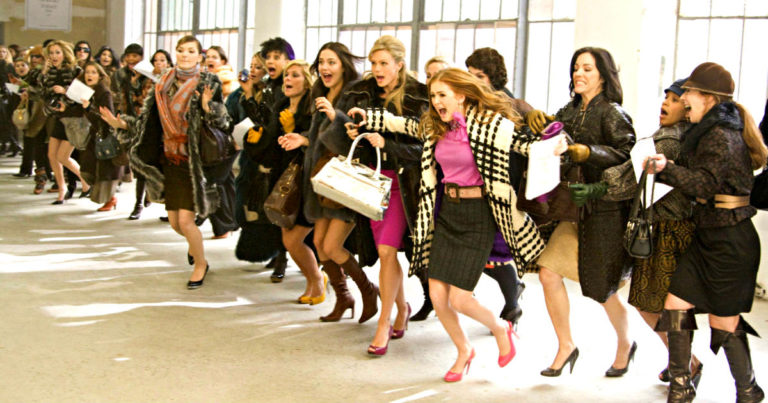Every day, we produce a huge amount of waste, and this volume will only grow if nothing is done. Fortunately, there is a simple way to start reversing this situation: apply the 3Rs rule — Reduce, Reuse and Recycle. These three principles aim to reduce the amount of waste discarded and extend the life of landfills, preserving the environment for future generations.
In this post, we’ll explore how each of the 3Rs can make a difference and how you can start now to contribute to a more sustainable planet.

Why is Trash Such a Big Problem?
Have you ever stopped to think about the amount of trash we throw away every day? A simple candy wrapper thrown on the ground may seem harmless, but imagine the impact of this on a large scale. Brazil has more than 200 million inhabitants. If each person threw a candy wrapper on the ground every day, in one week we would have 1.4 billion of paper clogging drains and polluting the environment. And that's without mentioning the plastic bags, bottles, packaging and so much other waste that we generate without thinking twice.
The good news is that you can start now making a difference. While it is easy to blame public managers for poor waste management, part of the responsibility lies with us. Small changes in our behavior can prevent this waste from ending up in the wrong places, further damaging the planet.
Start Reducing Consumption Now
The first R of the rule is Reduce, and this is the most important step. Reducing consumption means avoiding waste and being more conscious about the products we buy. Ask yourself: “Do I really need this?” Every purchase we make has an impact, not only because of the product itself, but also because of the packaging, materials and energy involved in its manufacture.
Some forms of reduce include:
- Avoid using disposable plastic bags, opting for reusable bags.
- Buy products in bulk, reducing the amount of packaging.
- Consume less and opt for durable, good quality products.
These small actions are simple to implement and have a significant impact in the long term. By reducing the consumption of disposable products, we are directly reducing the amount of waste that needs to be managed. So why not? start now?
Reuse Materials and Avoid Premature Disposal
The second R is Reuse, and this practice can be extremely beneficial for both the environment and your pocket. We often discard objects that could still be useful. reuse materials, we extend their useful life and avoid the need to buy new products.
Examples of how you can start now to reuse include:
- Use glass canning jars to store food or as decorative containers.
- Reuse clothes and accessories, donating or transforming old pieces into new items.
- Transform packaging into useful objects, such as using plastic bottles to create organizers.
A reuse It can also be creative and fun, allowing you to transform simple materials into something completely new. Plus, by reusing, you also help reduce the demand for new products, helping to preserve natural resources.
Recycle Correctly: The Role of Selective Collection
Recycle is the third R of the rule and, without a doubt, one of the most important. However, recycling is only effective when done correctly. This means that, in addition to separating recyclable waste from regular trash, it is necessary to ensure that it is sent to the correct recycling locations.
Unfortunately, selective waste collection is still a challenge in many places. Only a small portion of municipalities in Brazil have an efficient selective waste collection system. Therefore, it is important that each of us seek alternatives, such as taking waste to collection points in supermarkets, banks or charitable organizations.
Some options for start now to recycle include:
- Look for private companies that collect recyclable waste.
- Separate waste correctly at home and at work.
- Introduce selective collection in buildings, condominiums and companies.
Recycling has a direct impact on preserving natural resources. For example, a single recycled aluminum can saves enough energy to power a television for three hours. And every kilogram of recycled aluminum saves 5 kilograms of bauxite, the mineral used to produce aluminum, from being mined. Recycling paper, glass, and plastic also helps reduce the amount of waste in landfills and saves valuable resources.
Understand the Impact of Waste on the Environment
It is important to understand the impact that waste has on the environment. Some materials, such as plastic bottles and bags, take centuries to decompose in nature. Others, such as glass, do not have a set time to degrade and remain in the environment for hundreds of years.
Recycling can help mitigate this problem. By recycling glass, for example, we are saving natural resources such as sand, limestone and feldspar, which are used in the production of new products. Brazil, in turn, is a champion in recycling of aluminum cans, preventing millions of cans from ending up in landfills and helping to save energy and resources.
To understand better, think about the following: how many packages do you buy per month? Now, multiply that by 12 months and then by 200 million people. The impact is gigantic. If we all let's start now By applying the 3Rs rule, this impact can be drastically reduced.
How to Start Applying the 3Rs Rule Now?
Now that you understand the importance of reduce, reuse and recycle, the question remains: how to start now How to apply these concepts in your daily life? The answer is simple: start with small steps. Changing behavior is gradual, but every action counts.
Here are some tips for start now:
- Reduce your consumption of disposable plastics and opt for reusable products.
- Reuse objects that may still be useful before discarding them.
- Recycle correctly, separating waste and disposing of it in appropriate places.
Also, educate those around you. Awareness is key to getting more people to adopt sustainable practices. Encourage family, friends, and coworkers to do the same. start now to make a difference.
The Future of the Planet Depends on Our Actions
The volume of waste we generate daily is alarming, but solutions are within our reach. Apply the 3Rs rule — Reduce, Reuse and Recycle — is an essential step towards preserving natural resources and ensuring a more sustainable future for everyone.
Change starts with you. Start now to adopt sustainable practices in your daily life and inspire others to do the same. Small actions can have a big impact on the future of our planet.
Remember: the planet cannot wait. Start now making a difference!
Check out other interesting facts about recycling clicking here.
Learn how to make art by recycling, Click here.




Great article. I just shared it on our page, giving due credit. Thank you for helping us with relevant information to redefine the meaning of trash…
Thank you, Fernanda _/|\_